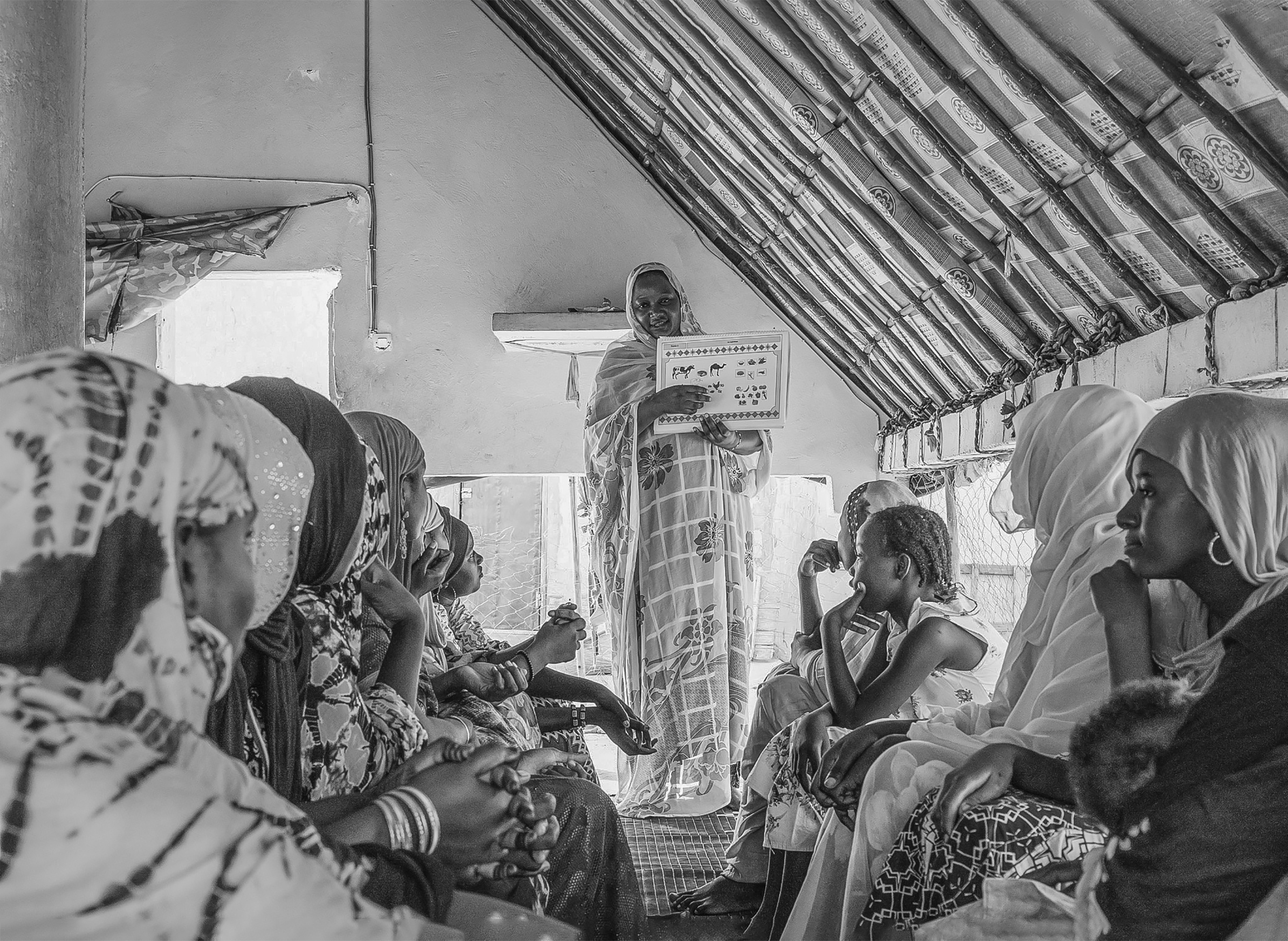In Practice

BY Partnership for Economic Inclusion
February 17, 2023
Abstract
While governments face significant obstacles in designing and delivering approaches for people living in extreme poverty, a substantial body of research shows that programs can achieve transformative impact by addressing the socioeconomic barriers that often exclude this population. An increasing number of governments are adopting and scaling economic inclusion programs, including Graduation programs, to address the multidimensional vulnerabilities of people living in extreme poverty. By integrating the Graduation approach into their poverty reduction initiatives, governments can increase the impact and scale of their initiatives by investing in the systems, processes, and capacities needed to reach those furthest behind and deliver multidimensional, timebound, and sequenced program interventions. This In Practice paper shares insights and learning from four non-governmental organizations on the potential to scale up government-led Graduation programs for people living in extreme poverty. It contributes to the growing policy space around economic inclusion and identifies good practices for designing and implementing government-led Graduation programs. It makes recommendations and identifies key considerations for governments on how to identify, reach, and deliver impactful programming to individuals and households facing socioeconomic exclusion and marginalization.
Citation
“Gollin, Maxwell; Miranda, Carolina de; Muriuki, Taddeo; Commins, Steve. 2023. Designing and Delivering Government-Led Graduation Programs for People in Extreme Poverty. PEI in Practice;Volume 7. © World Bank, Washington, DC. http://hdl.handle.net/10986/39457 License: CC BY 3.0 IGO.”